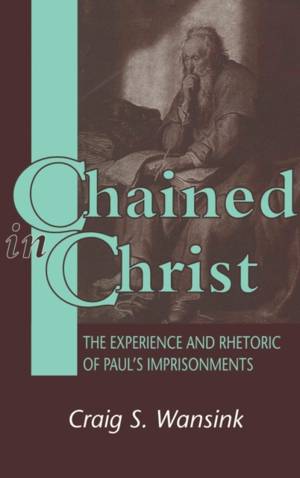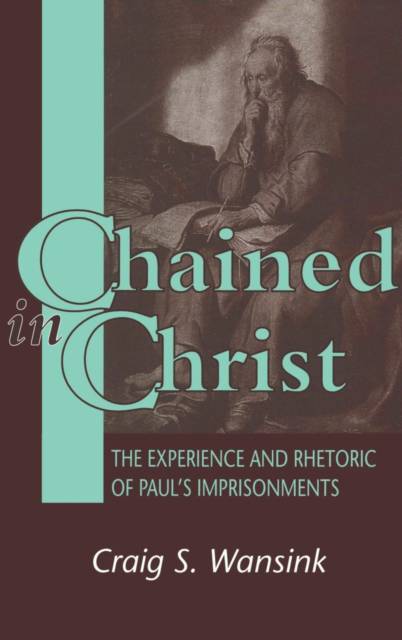
- Afhalen na 1 uur in een winkel met voorraad
- Gratis thuislevering in België vanaf € 30
- Ruim aanbod met 7 miljoen producten
- Afhalen na 1 uur in een winkel met voorraad
- Gratis thuislevering in België vanaf € 30
- Ruim aanbod met 7 miljoen producten
Zoeken
€ 202,95
+ 405 punten
Omschrijving
For Paul, who imprisoned Christians, his own incarceration ironically became a way in which he understood his mission. Paul's convictions and his rhetoric were often shaped during those times when chains constrained him from travelling. By examining a wide variety of sources-such as ancient novels, dream interpretations and moral tractates-Wansink first describes prison conditions and the daily life of prisoners, in the Graeco-Roman world. Subsequent exegetical chapters focus on two epistles Paul wrote from prison: Philippians and Philemon. This book replaces a 'docetic' view of Paul's incarceration with an original insight into how prison would have shaped his interaction with the Philippians and Philemon.
Specificaties
Betrokkenen
- Auteur(s):
- Uitgeverij:
Inhoud
- Aantal bladzijden:
- 248
- Taal:
- Engels
- Reeks:
- Reeksnummer:
- nr. 130
Eigenschappen
- Productcode (EAN):
- 9781850756057
- Verschijningsdatum:
- 1/03/1996
- Uitvoering:
- Hardcover
- Formaat:
- Genaaid
- Afmetingen:
- 168 mm x 242 mm
- Gewicht:
- 521 g

Alleen bij Standaard Boekhandel
+ 405 punten op je klantenkaart van Standaard Boekhandel
Beoordelingen
We publiceren alleen reviews die voldoen aan de voorwaarden voor reviews. Bekijk onze voorwaarden voor reviews.








